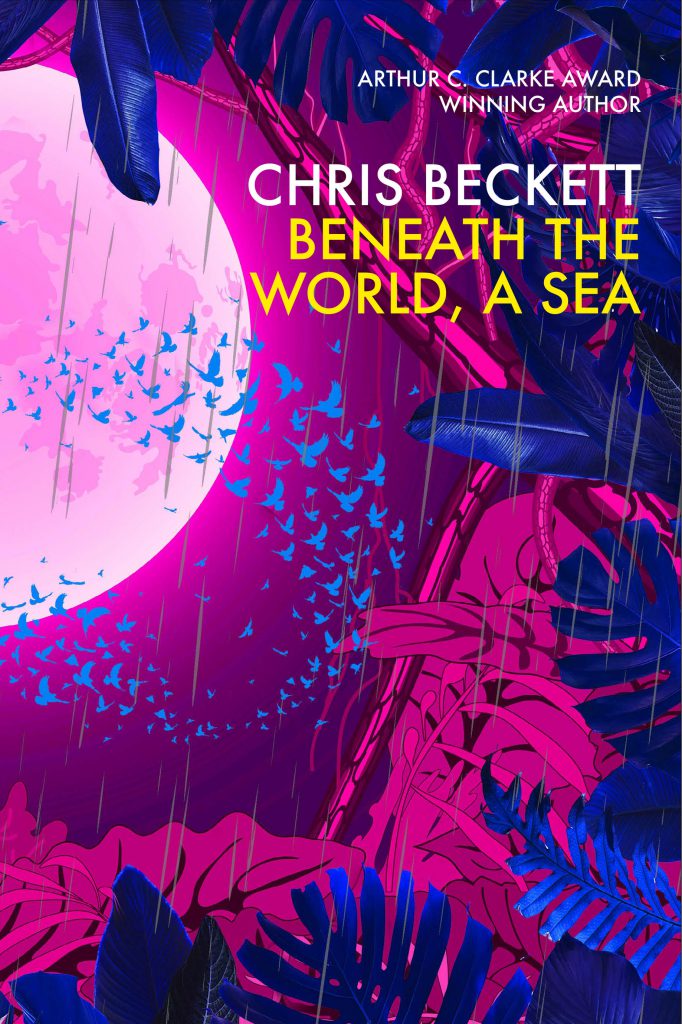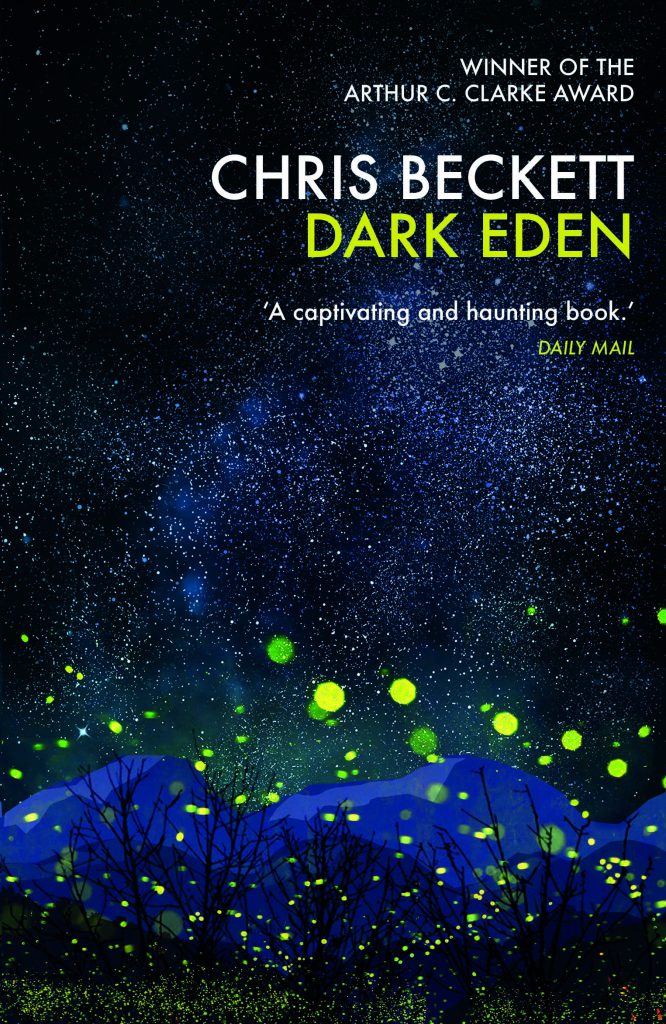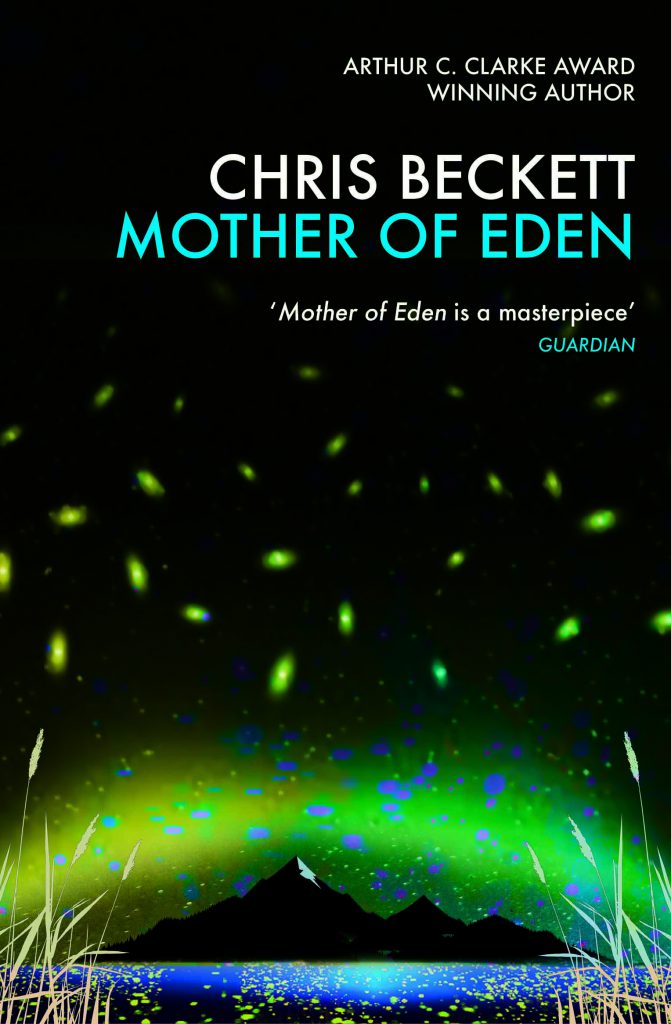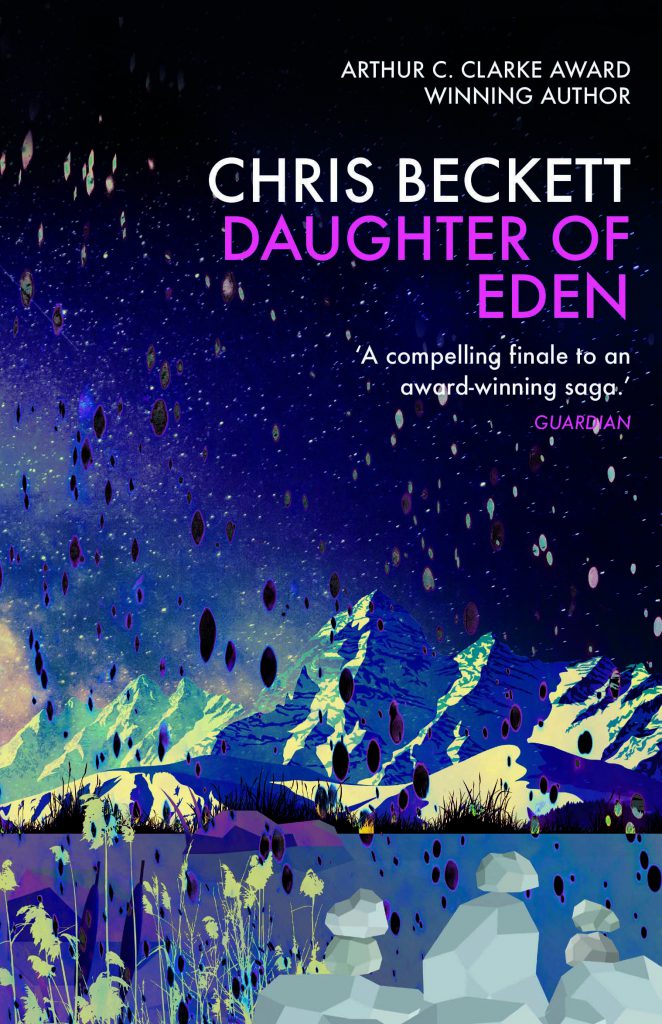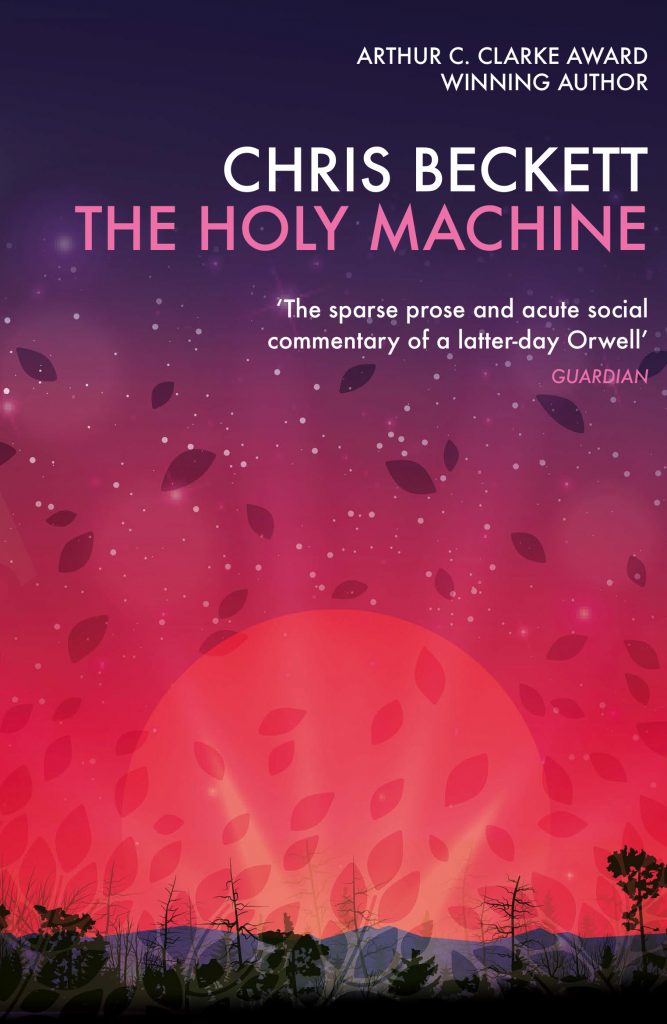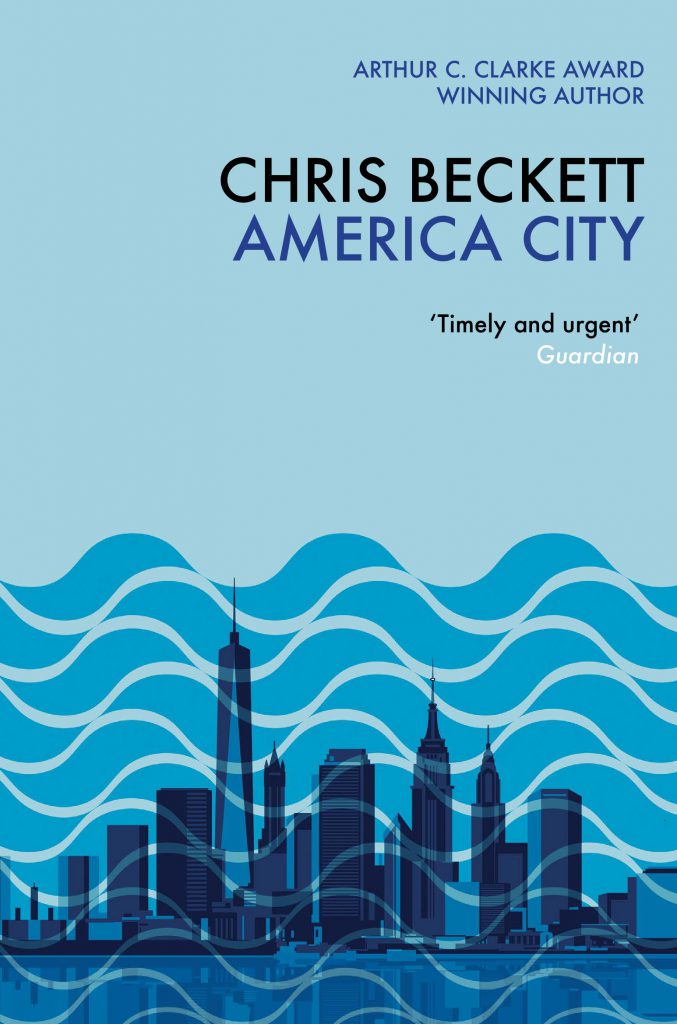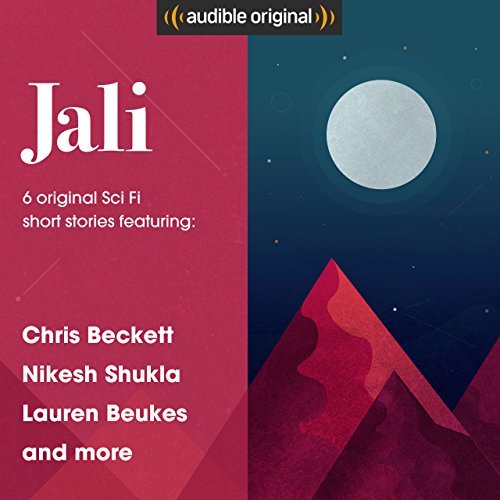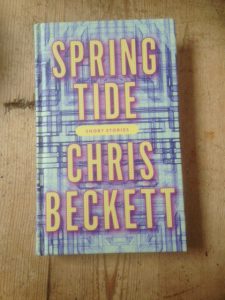
This is my next book, due out in summer 2020. Most of the story takes place in the latter half of 2016 and the beginning of 2017, and is about a love affair between a man and a woman who come from opposite sides of the Brexit divide and from very different backgrounds. But the story is told by a future historian in 2276.

